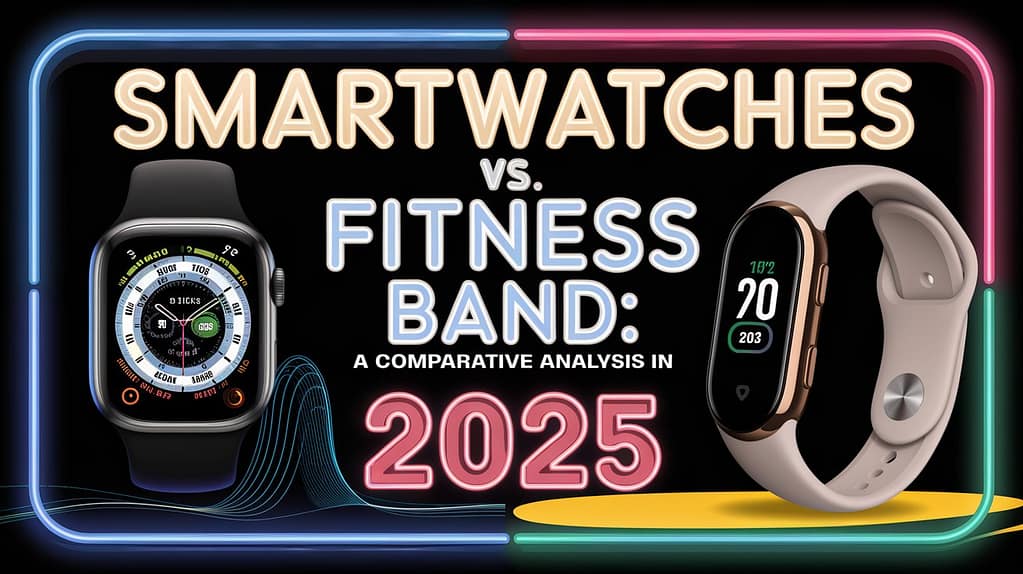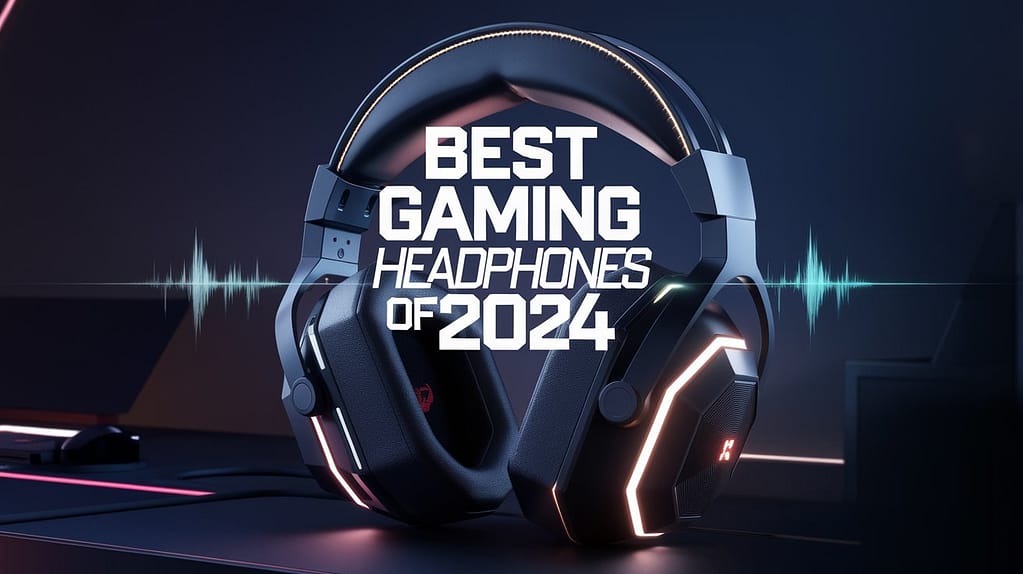
Introduction
In an era where digital health monitoring and smart technology converge, wearable devices have emerged as indispensable tools for both productivity and fitness tracking. For consumers deliberating between smartwatches vs. fitness bands, the decision is often nuanced, shaped by individual requirements and technological preferences. This analysis provides an in-depth comparison of the functionalities, advantages, and trade-offs associated with these devices, enabling an informed purchase decision.
1. Defining the Core Functionality of Smartwatches and Fitness Bands
Smartwatches: A Multifaceted Technological Companion
A smartwatch is essentially an extension of a smartphone, integrating advanced computational capabilities with wrist-worn convenience. Key functionalities include:
- Real-time notifications for calls, messages, and applications
- Seamless music and media control
- GPS navigation and location tracking
- Support for third-party applications
- Comprehensive health monitoring, including ECG and blood oxygen levels
- Customizable interfaces and adaptive watch faces
Prominent models in this category include the Apple Watch, Samsung Galaxy Watch, and Amazfit GTR.
Fitness Bands: Streamlined Health and Activity Monitoring
Fitness bands, alternatively referred to as fitness trackers, primarily emphasize health and wellness metrics. These devices offer:
- Pedometer functionality for step and distance tracking
- Heart rate and SpO2 monitoring for physiological insights
- Sleep analysis for circadian rhythm optimization
- Caloric expenditure estimates
- Specialized exercise and workout modes
- Extended battery longevity
Well-known fitness bands include the Mi Band, Fitbit Inspire, and Honor Band.
2. Comparative Analysis: Smartwatches vs. Fitness Bands
📌 Health & Fitness Tracking
- Both devices provide essential health monitoring, such as step counting and heart rate measurement.
- Smartwatches incorporate sophisticated health metrics, including ECG readings and stress analysis.
- Fitness bands remain cost-effective while focusing on fundamental fitness tracking.
🔍 Conclusion: Fitness bands suffice for basic health tracking, whereas smartwatches cater to users seeking extensive health analytics.
📌 Connectivity & Smart Features
- Smartwatches integrate deeply with smartphones, facilitating calls, messages, and application interactions.
- Fitness bands maintain limited notification capabilities and lack app extensibility.
🔍 Conclusion: Smartwatches serve as a more robust extension of smartphones, making them ideal for individuals requiring seamless connectivity.
📌 Battery Efficiency
- Smartwatch battery life spans between 1-7 days, depending on usage intensity.
- Fitness bands generally sustain operation for 14-21 days per charge.
🔍 Conclusion: For users prioritizing prolonged battery performance, fitness bands offer superior longevity.
📌 Cost Considerations & Value Proposition
- Smartwatches range between ₹5,000 and ₹50,000+, depending on brand and features.
- Fitness bands present a budget-friendly alternative, typically priced between ₹1,500 and ₹7,000.
🔍 Conclusion: Fitness bands provide cost-effective utility, while smartwatches justify their premium pricing with enhanced functionalities.
3. Target Audience: Who Should Opt for What?
Consider a Smartwatch If:
- ✅ You require an advanced device with productivity-enhancing features.
- ✅ You frequently handle calls and notifications directly from your wrist.
- ✅ You seek built-in GPS, app integration, and digital payment capabilities.
- ✅ You are willing to charge your device frequently.
Consider a Fitness Band If:
- ✅ Your primary focus is fitness tracking and basic health monitoring.
- ✅ You prefer a compact, lightweight device with extended battery life.
- ✅ You seek a budget-conscious wearable with essential functionalities.
- ✅ You do not require third-party app support or advanced smart features.
4. Practical Use Cases in the Indian Context
📌 Scenario 1: Ramesh, a 35-year-old software engineer, opted for a smartwatch to efficiently manage work notifications while tracking his fitness regimen.
📌 Scenario 2: Priya, a college student, chose a budget-friendly fitness band (₹2,000) to support her weight management goals without a significant financial commitment.
📌 Scenario 3: Anuj, a delivery executive, prefers a fitness band due to its prolonged battery life and health-tracking capabilities, eliminating the need for frequent charging.
5. Summary of Strengths & Limitations
| Feature | Smartwatch | Fitness Band |
|---|---|---|
| Health Tracking | ✅ Advanced (ECG, SpO2, etc.) | ✅ Fundamental (Steps, HR, Sleep) |
| Notifications | ✅ Full call, message, and app support | ⚠️ Limited to basic alerts |
| App Integration | ✅ Extensive third-party compatibility | ❌ No app support |
| Battery Performance | ⚠️ Shorter lifespan (1-7 days) | ✅ Extended operation (14-21 days) |
| Price Range | ⚠️ Higher cost | ✅ Affordable |
| GPS Functionality | ✅ Built-in in premium models | ✅ Built-in premium models |
6. Final Verdict: Making the Optimal Choice
For individuals seeking a feature-rich, multifunctional device that extends beyond fitness tracking into realms of communication and application integration, smartwatches present the superior option. Conversely, for those focused solely on health metrics, a fitness band remains the pragmatic choice due to its affordability and extended battery life.
Recommendation:
- For Working Professionals & Multitaskers: Opt for a smartwatch such as the Apple Watch or Samsung Galaxy Watch.
- For Budget-Conscious Fitness Enthusiasts: A fitness band like the Mi Band or Fitbit Inspire is an optimal selection.
7. Conclusion & Next Steps
With a clear understanding of the comparative advantages and limitations of smartwatches and fitness bands, the selection process now hinges on individual requirements and lifestyle preferences. For further guidance, explore our curated lists of top-rated wearables within varying price brackets.
🔗 Discover our latest smartwatch and fitness band recommendations!
📥 Subscribe to our newsletter for expert insights on the latest gadgets!
Let us know in the comments: Are you inclined toward a Smartwatch or a Fitness Band? 🚀
8. Frequently Asked Questions (FAQs)
Q1: Can fitness bands facilitate phone calls?
A: No, fitness bands do not support calls; only select smartwatches with LTE capabilities allow direct calling.
Q2: Can fitness bands function independently of smartphones?
A: Yes, but core functionalities such as GPS and notifications necessitate smartphone connectivity.
Q3: Are smartwatches resistant to water?
A: Most modern smartwatches possess water-resistant ratings; however, users should verify IP certification before purchase.

